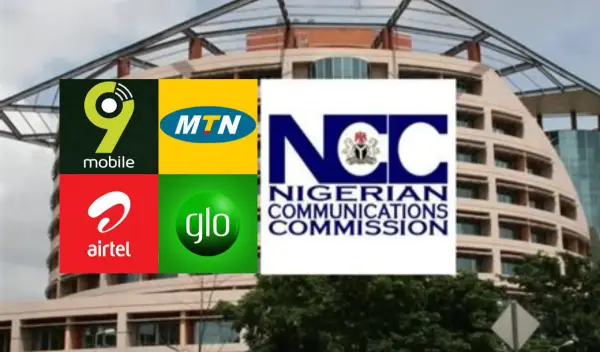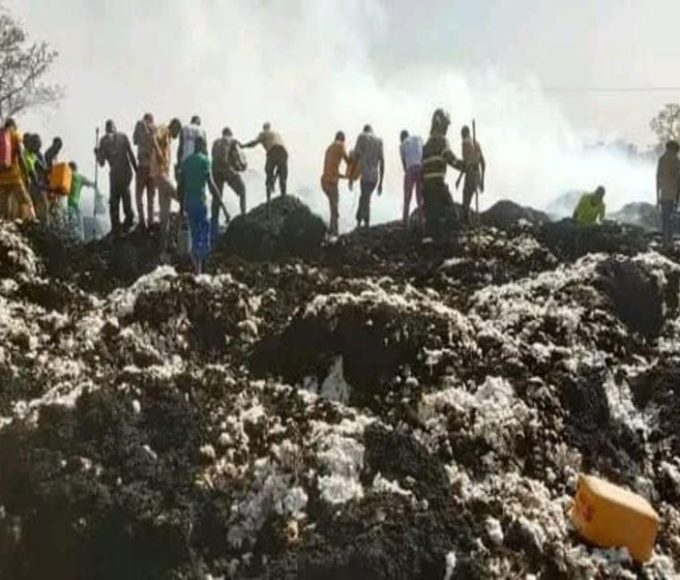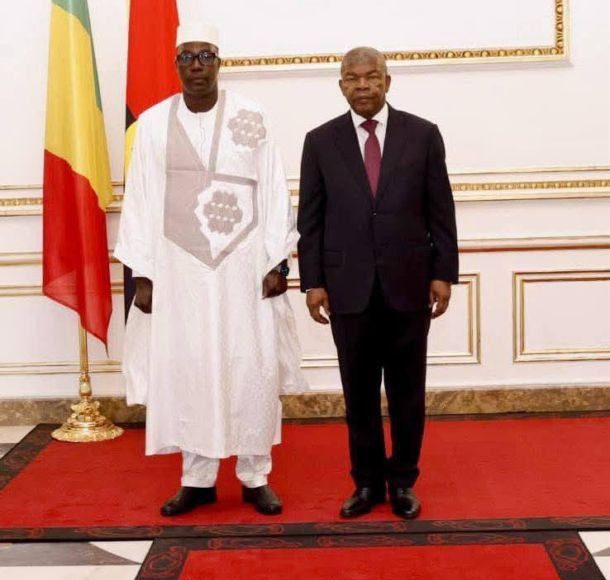
Pay More, Get Less: Nigerians Complain of Fast-Draining Data and Poor Network

Nigerians lament that network quality has significantly deteriorated despite paying more for telecommunications services. Many subscribers report frequent service disruptions, slow internet speeds, and rapid depletion of data bundles.
Concerns over excessive data consumption have intensified. One subscriber questioned whether a class action could be taken against MTN. He said he had purchased a 1-terabyte data plan meant to last a year, yet within two months, the provider claimed he had used 620GB. Another subscriber said they bought 20GB of data, only to be exhausted within three days.
Yet another customer stated: The fraud in the telecommunications industry in Nigeria is heavy. They don’t give the data plan they say they are giving, it is actually lower.
These frustrations have intensified following the Nigerian Communications Commission’s (NCC) approval of a tariff increase in January 2026. The commission capped the increment at 50 per cent, although telecom operators initially proposed 100 per cent, citing rising operational costs, inflation, and exchange rate volatility.
The revised pricing structure has drastically raised data costs. MTN’s 15GB weekly plan surged from ₦2,000 to ₦6,000, a 200 per cent increase. Airtel has revised several of its plans, with a 3GB monthly bundle now priced at ₦2,000, up from ₦1,200. Call tariffs have also increased from 18 kobo to 25 kobo per second.
Despite these price hikes, network quality remains poor. Customers report dropped calls, slow internet speeds, and failed transactions. Many believe they are paying more for a worsening service.
Industry experts point to frequent fibre cuts as a major contributor to network failures. Reports indicate that MTN and Airtel experience nearly 80 fibre cuts daily, severely affecting service quality. These disruptions are often due to road construction, vandalism, and inadequate infrastructure investment.
While telecom firms argue that the tariff increase will help fund improvements, customers are sceptical about this. Many Nigerians are increasingly frustrated with rising living costs, skyrocketing fuel prices, and worsening economic conditions.
Read More:
- Mali Strengthens Diplomatic Relations with Qatar
- Nigerian US Embassy Sponsors ICIR To Train Journalists, Others to Blame #EndBadGovernance Protests on “Foreign Influence”
About The Author
Related Articles
Zimbabwe Rejects $350m US Health Deal Over Sovereignty Dispute
Zimbabwe has formally withdrawn from negotiations on a proposed $350 million health...
ByWest Africa WeeklyFebruary 25, 2026Niger’s President Outlines Vision for Strategic Partnership with China
Niger’s Head of State, General Abdourahmane Tiani, has articulated a renewed vision...
ByWest Africa WeeklyFebruary 25, 2026Fire Destroys 140 Tonnes of Cotton in Western Burkina Faso
A major fire has destroyed more than 140 tonnes of cotton in...
ByWest Africa WeeklyFebruary 25, 2026Mali’s New Ambassador to Angola Presents Credentials, Pledges Stronger Bilateral Ties
Diplomatic relations between Mali and Angola entered a new phase on February...
ByWest Africa WeeklyFebruary 25, 2026












Leave a comment